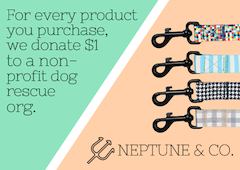Save the Oceans
Adopting Ocean Life
By Lana Van De Mark
Over the past few centuries, our oceans and the species that inhabit them have been rapidly facing destruction as pollution, overfishing, illegal fishing, mining, and global warming take their toll. Pollutants alone pose a massive threat each year to thousands of ocean species, damaging the natural structure and compromising the central role of the oceans: To provide humans with the adequate food, water and oxygen supply needed to thrive on this planet. Ocean conservation experts estimate that at least 17.6 billion pounds of plastic enter the oceans each year, and more than 100,000 marine animals die every year from plastic entanglement and ingestion. Many ocean species including sharks, rays, fish, dolphins, seals, whales, sea turtles and sea birds have now become classified as endangered. These species integral to ocean life are on the verge of facing extinction because of the ongoing lack of conservation efforts. The ocean life we share on this planet needs our help now more than ever. If you’d like to climb aboard this mission and seek an alternate way to help beyond a simple donation, then join me and many others in adopting an ocean life.
Sea turtles are one of the estimated 100,000 ocean animals fatally entangled in plastic every year. Research suggests 52% of the world’s turtles have eaten plastic waste. Sadly, this contamination has placed them on the endangered list. For more information: worldwildlife.org
Where to Go to Adopt A Marine Creature
There are many ocean conservation organizations out there that have established ocean life adoption programs. Some of the most respected include:
- Oceana Marine Wildlife Adoption & Gift Center gift.oceana.org
- World Animal Foundation worldanimalfoundation.com
- Pacific Whale Foundation pacificwhale.org
- Oceanic Society oceanicsociety.org
- Aquarium of the Pacific aquariumofpacific.org
- National Marine Life Center nmlc.org
- The Marine Mammal Center marinemammalcenter.org
- World Wildlife gifts.worldwildlife.org
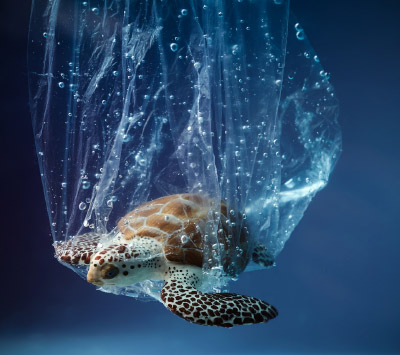
Even the smallest gift can make a difference. Help save the oceans. Help preserve our planet’s natural resources. Give to get help to the marine creatures who need it - all over the world.
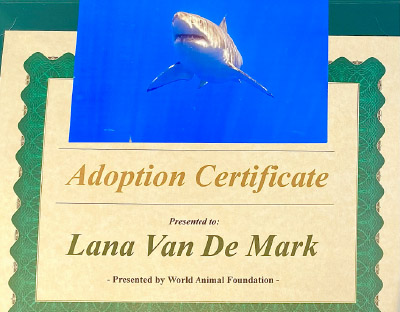
Adopting Melvin
When you think of adopting an animal, it’s probably a cuddly puppy or sweet kitten that comes to mind, not a shark. But believe it or not, you can adopt a shark like our good buddy Melvin, whom the writer adopted through the World Animal Foundation. Melvin belongs to 1 of 111 shark species at risk of global extinction because of overfishing. Around 70 million sharks are killed each year by humans primarily for their fins. Over the past 40 years, shark species such as Hammerheads, Threshers and Porbeagles have lost around 80% of their populations. Despite the reputations sharks like Melvin have gained from humans over time, very few shark species are known to attack humans under unprovoked circumstances. Surprisingly, there are more crocodile, hippo, and pig attacks on humans yearly than there are shark attacks.
Yet with movies like Jaws and events like Shark Week, sharks are infamous. Unfortunately more and more frequently, sharks are being seen closer to shore at densely populated beaches where it was once safe to go in the water. To learn more info about sharks who are among the world’s most misunderstood creatures, check out adopting one for yourself. For WAF’s adoption details, visit worldanimalfoundation.com
- The amount of plastic dumped into our oceans every minute is equivalent to one garbage truck load of trash.
- Plastic waste can take up to at least 400 years to break down, Styrofoam 80 years and aluminum 200 years.
- The amount of plastic floating in the ocean is enough to circle around Earth 400 times.
- There are currently 500 dead zones in our oceans global-wide where ocean life no longer exists.
- A majority of ocean life can’t tell the difference between pollutants and their prey. The result? Marine animals starving to death from clogged stomachs due to consumption of plastic and other man-made, non-biodegradable materials.
- By 2050, it’s predicted that 99% of sea birds will ingest plastic.
- By 2050, it’s predicted the amount of plastic dumped in our oceans will outnumber the fish population.
- By 2050, it’s predicted the amount of plastic dumped in our oceans will outnumber the fish population.
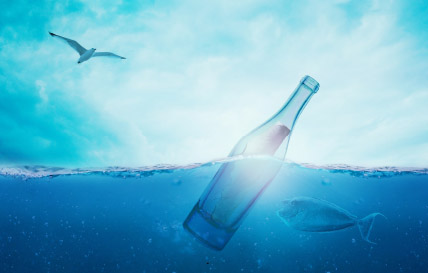
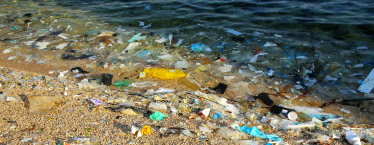
For more info about ocean pollution facts and statistics, visit condorferries.co.uk/marine-ocean-pollution-statistics-facts.
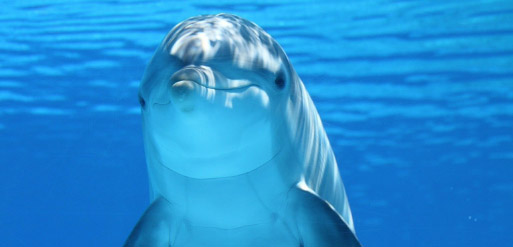
The Benefits of Adopting an Ocean Animal
Little things mean a lot. Consider helping the future of our oceans by adopting a marine animal. Help not only your chosen animal, but the entire critically endangered species, receive the care they need. Aid their recovery and help restore their population through medical treatment, shelter, food and breeding opportunities. Give marine conservationists the ability to expand their research and initiate global campaigns to save our oceans and the marine animals that depend on clean, safe waters for survival.













